Profile: Yahya Sinwar, Ismail Haniyeh's successor as Hamas political bureau chief
By Ivan Kesic
Yahya Sinwar, the head of the Hamas resistance movement in Gaza, was named the political bureau leader on Monday, days after Ismail Haniyeh was assassinated in Tehran.
In a statement, the Gaza-based resistance movement said that after "extensive and comprehensive consultations and deliberations," it was decided that Sinwar would succeed Haniyeh as the political bureau leader of the resistance movement.
"Hamas expresses its confidence in brother Abu Ibrahim as its leader during this sensitive phase and the complex local, regional, and international circumstances," read the statement.
Yahya Ibrahim Hassan Sinwar, known as Abu Ibrahim, was born on October 19, 1962, in a refugee camp west of the city of Khan Yunis in the southern Gaza Strip.
His family comes from al-Majdal Asqalan, a Palestinian village in the area of today's Ashkelon, from where they were expelled in 1948 during the Zionist ethnic cleansing of the native Palestinian population.
Sinwar received his primary education in schools in his neighborhood and secondary education at Khan Yunis Secondary School for Boys, after which he enrolled at the Islamic University of Gaza for a degree in Arabic literature.
As a student, he worked in the Student Council of the Islamic University for five years, serving as the Secretary of the Artistic Committee, followed by the Sports Committee, Vice President, and President of the Council. He eventually rose through the ranks to become the Vice President again from 1982 to 1987.
While at university in the early 1980s, Sinwar joined the Islamic Student Bloc, a precursor to the Hamas resistance movement, as part of a group of young people that included his contemporaries, Ismail Haniyeh, Khalil al-Hayya, and others.
He led the Islamic Bloc and gained a reputation in general student debates between different Palestinian blocs, becoming one of the most notable theorists of the Bloc.
The representative of Hamas resistance movement in Iran, Khalid Ghoddoumi talks to Press TV about the election of Yahya Sinwar as the movement's new political bureau chief. pic.twitter.com/X56vbkFQpF
— Press TV 🔻 (@PressTV) August 7, 2024
During those years, Sinwar also played a key role in establishing the first Islamic art group in Palestine, known as "Al-A’idoun" (The Returnees), with the blessing of the founding leader of the Hamas resistance movement, Sheikh Imam Ahmed Yassin.
In 1983, he participated in founding the first security apparatus for the movement, known as the Security of the Call, under the leadership of Sheikh Yassin.
Three years later, Sheikh Yassin tasked him and other young activists with forming the Jihad and Da'wa Organization (Majd), where he became one of its most prominent leaders.
This network of fighters, established to launch armed resistance against the occupying Israeli regime, would later become the Ezzedine al-Qassam Brigades, the armed wing of Hamas.
Sinwar directed and led many popular confrontations with the Zionist entity from 1982 to 1988, and was arrested several times, starting in 1982 when he was sentenced to six months in the Fara'a prison due to his resistance activities.
In 1988, he was arrested again and sentenced to four life sentences, serving 23 consecutive years in Israeli prisons, nearly four of which were spent in solitary confinement.
During his incarceration, Sinwar assumed leadership of the High Command of Hamas prisoners in Israeli prisons several times, and along with his comrades, led a series of hunger strikes in 1992, 1996, 2000, and 2004.
Sinwar also became fluent in Hebrew and has many political and security-related writings and translations to his name, laying the foundation for Hamas's security experience.
He translated the books "Shabak Between the Remains" and "Israeli Parties" in 1992, and authored the books "Hamas: Experience and Mistakes" and "Al-Majd," which documents the work of the Israeli spy agency Shin Bet.
Watch the moment when Martyr Ismail Haniyeh introduced Yahya Sinwar to the Leader of the Islamic Revolution, Ayatollah Khamenei
— Press TV 🔻 (@PressTV) August 6, 2024
Hamas has just appointed Yahya Sinwar as the head of the movement’s political bureau and the successor to Haniyeh.#YahyaSinwar pic.twitter.com/erkXWHJDGS
Sinwar also authored a critically acclaimed literary novel titled "Thorns and Carnations," which narrates the Palestinian struggle experience from 1967 until the Intifada.
After his release from Israeli prisons in the "Wafa al-Ahrar" prisoner exchange deal in 2011, he got married in 2012.
The new Hamas political bureau leader has three children, two sons (Ibrahim and Abdullah) and a daughter (Reda).
Sinwar himself had a significant impact on the terms and conditions of the deal, leading the Zionist regime to isolate him before the deal was completed.
He was elected as a member of the political bureau of Hamas in Gaza and took responsibility for the security file in 2012. A year later, he was elected as a member of the general political bureau and took responsibility for the military file.
In 2015, he was assigned the responsibility of the file concerning Israeli prisoners held by the al-Qassam Brigades, and the same year, the United States included him on its so-called blacklist of "international terrorists."
Sinwar was elected head of the political bureau of Hamas in Gaza in February 2017 and re-elected for a second term in 2021.
He survived multiple assassination attempts. His home was bombed and destroyed in 1989, a second time in 2014, a third time in 2021, and a fourth time during the ongoing genocidal war on Gaza in December 2023.
On August 6, 2024, he was elected head of the political bureau of Hamas, succeeding Haniyeh, who was assassinated in the Iranian capital by the Israeli regime.
Osama Hamdan, one of the leaders of the Hamas resistance movement, emphasized that the election of Sinwar by unanimous votes showed that Hamas understands the nature of the current stage of war with the Israeli occupation.
Hamdan highlighted that the message of Hamas is that it has chosen a leader who has been a trustee of struggle and fighting on the battlefield in Gaza for more than 300 days.
Report: 500 major Israeli officers leave military over Gaza war
VIDEO | Call for action amid humanitarian crisis in Parachinar
Qassam Brigades: Four Israeli soldiers killed in Gaza operation
VIDEO | Gaza’s Christians fear threat of extinction amid Israeli genocidal war
Iran, Egypt demonstrate necessary will to restore ties: Presidential aide
Iran president calls for new bonds of friendship among D-8 nations
Cancer-stricken Palestinian prisoner tortured to death in Israeli custody: Report
Pezeshkian proposes development fund for D-8 member states


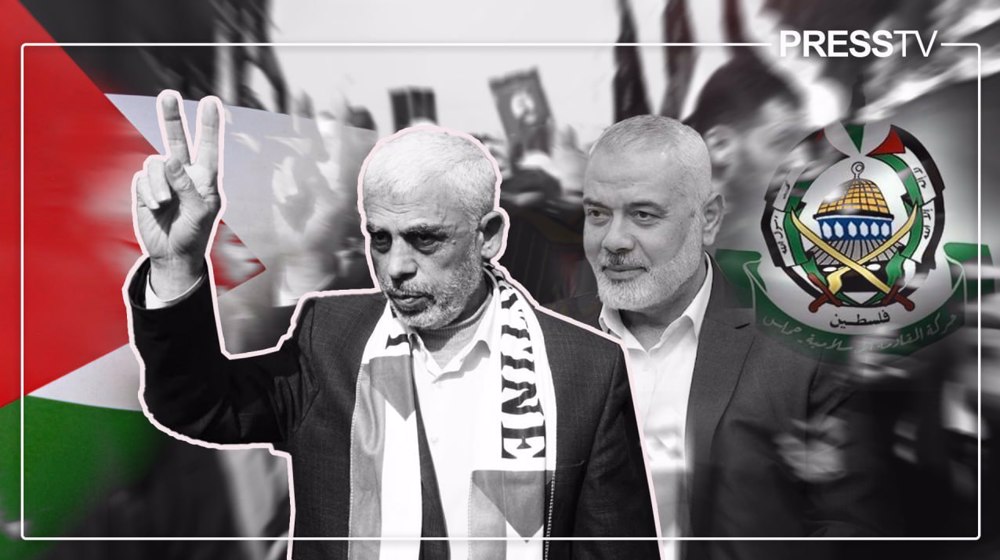
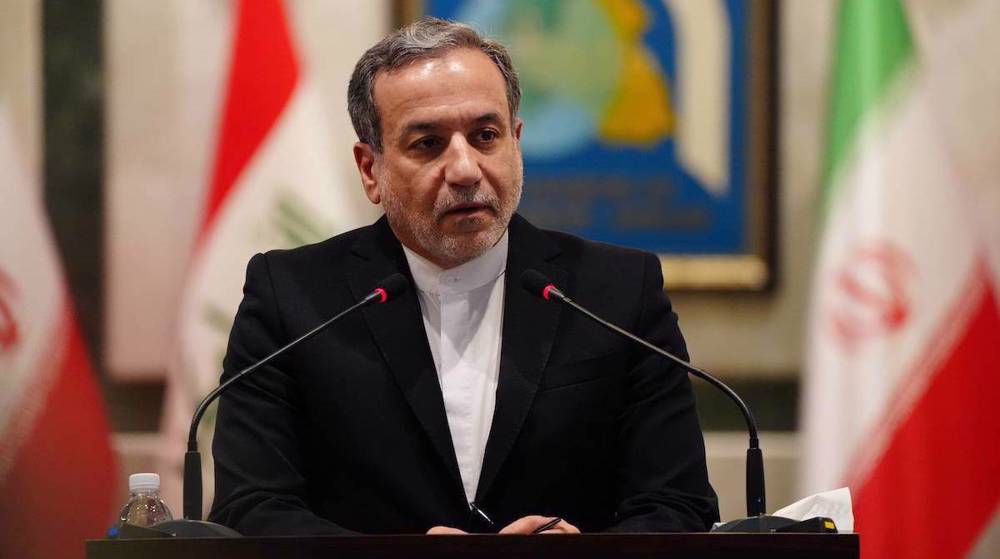
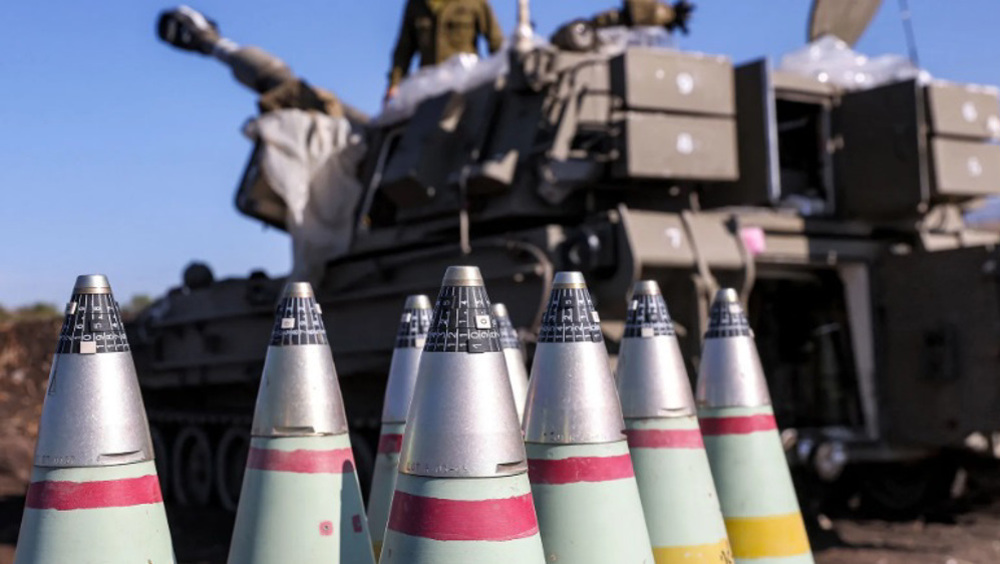
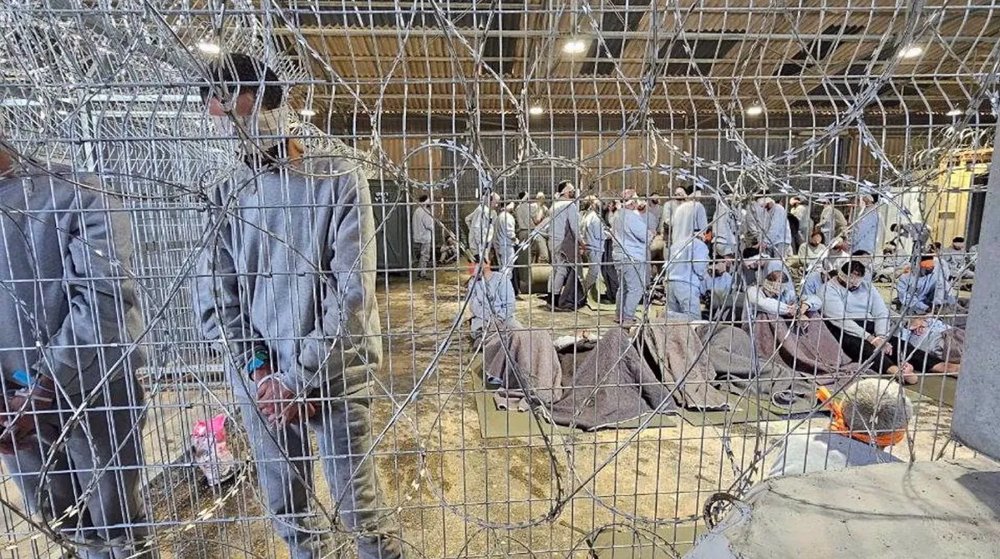



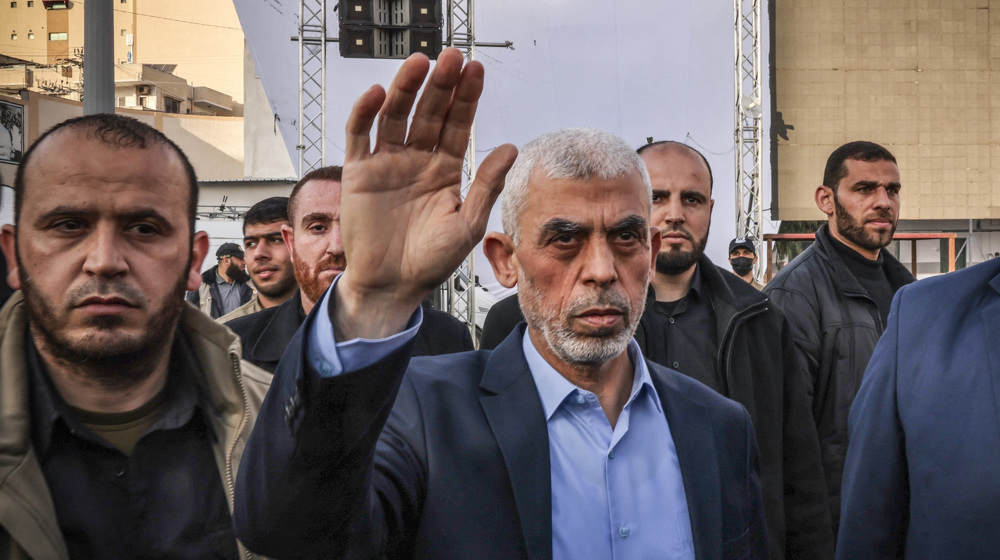
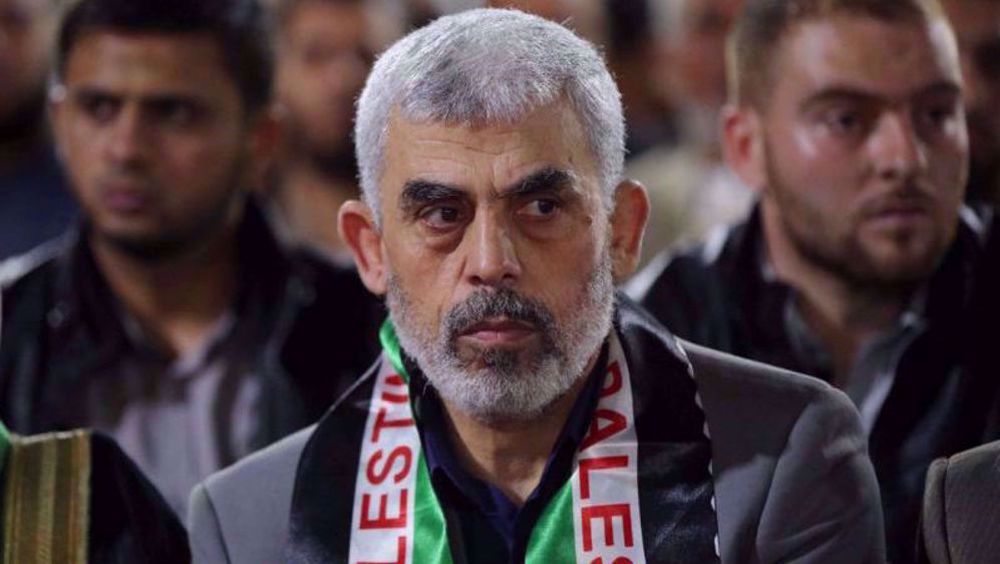
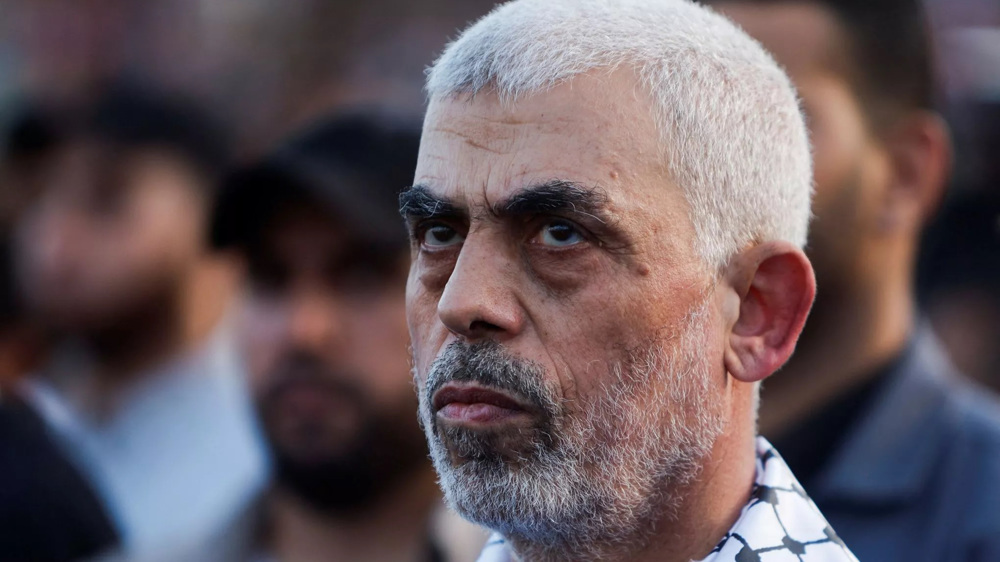
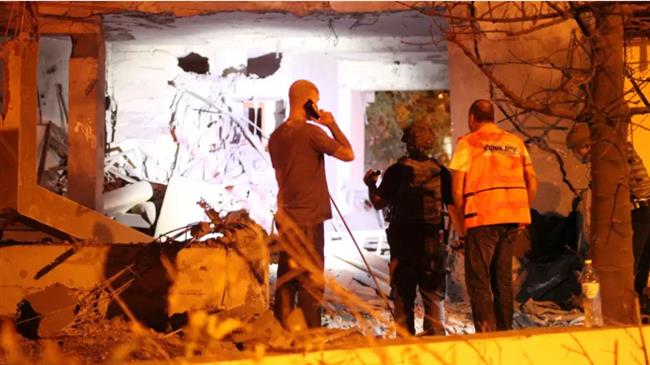

 This makes it easy to access the Press TV website
This makes it easy to access the Press TV website